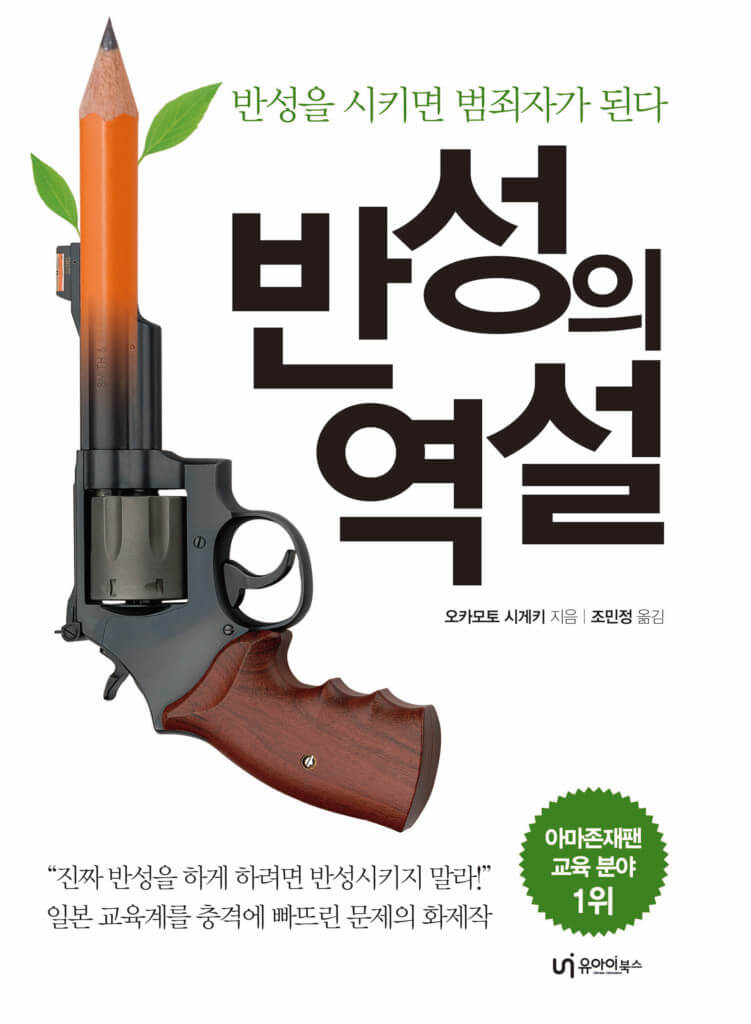On the morning of August 10, Choi Won-jong, a suspect in the Bundang stabbing and weapons rampage, showed his bare face while being transferred from the Seongnam Sujeong Police Station detention center in Seongnam Sujeong-gu, Seongnam-si, Gyeonggi-do, to the prosecution and said, “I’m really sorry to the victims.” Does he mean what he says?
I don’t know if it’s fooling itself, but most likely not.
‘There is no real reflection. They do it out of necessity. ‘
This is what Shigeki Okamoto, a prison guard in Japan, thought after seeing many criminals. His book, (published by Ui Books), which became a hit in Japan, explains why criminals are so remorseful.

The More You Reflect, the Less You Really Reflect
The subtitle of the book is “When you make them reflect, they become criminals. I know that sounds like a fatuous statement, but if you stop and think about it, it makes sense. The better you are at forced or necessary reflection, the more crime will feel like play. So the more reflective you are, the more likely you are to commit crimes.
The author says.
“If you want real remorse, don’t ask for it! It’s common sense to be remorseful after doing wrong, but very few people are remorseful right after doing wrong. “
Bundang stabbing perpetrator repents, repents, repents
When asked by reporters if he felt guilty about the crime, Choi said, “I’m really sorry for the victims, and I hope the victims who are in the hospital recover quickly,” adding, “I also want to express my condolences to the victims who died and say I’m really sorry to their families.” When asked if he planned to submit a reflection, he said, “I plan to write it in jail.”
That’s right. by Shigeki Okamoto, it’s the smartest choice he could have made. The more reflective you are, the more lenient the law is.
It is not uncommon for a court to reduce a sex crime defendant’s sentence because they submitted a statement of remorse or paid a settlement. The Supreme Court’s Sentencing Commission has made it possible to reduce sentences if there is “sincere remorse,” and we’ve seen defendants get their reflections from ghostwriting companies. In 2019, 70.9% of all defendants in sex offense cases received a reduced sentence due to “sincere remorse.
(Content source: https://www.chosun.com/national/court_law/2023/06/14/UMEB5JYVEJCUBFMKVLSVRV5KYY/ )
Isn’t it time for a change of pace, where remorse is a jail sentence?

